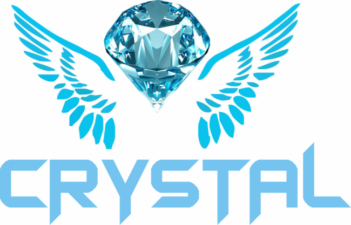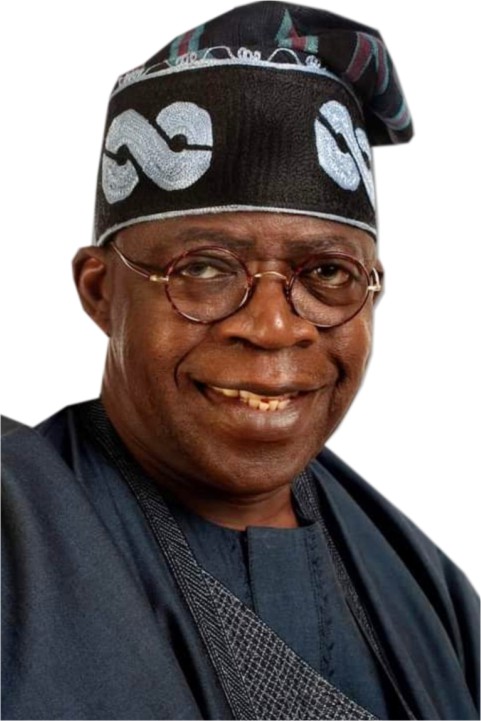Business
Six Things You Should Know About E-Naira

Continue Reading
-
Politics1 year ago
13 Ondo Assembly Members Disown Endorsement of Aiyedatiwa
-
Politics12 months ago
APC Group, Ondo Govt, Quarrel Over Money for Endorsement
-

 Trending News4 years ago
Trending News4 years agoStop unsavoury, inciting statements – DSS warns
-

 Others3 years ago
Others3 years agoAdron Homes Celebrates 10 Years Of Housing Excellence
-

 Humanity3 years ago
Humanity3 years agoPresident Buhari Commiserates With Ambassador Maureen Tamuno Over The Loss Of Her Father
-

 Others6 years ago
Others6 years agoEX- CUSTOMS BOSS, IBRAHIM MERA’S DWINDLING FAME
-

 Business11 months ago
Business11 months agoBigi Carbonated Soft Drinks Treats 40 Consumers to an Epic Easter Movie Hangout
-

 Business6 months ago
Business6 months agoWema Bank Shines at Global SME Finance Forum Conference Awards 2024 …Awarded: • SME Financier of the Year (Africa) • Platinum Award for Best Financier for Women Entrepreneurs (Africa)
















